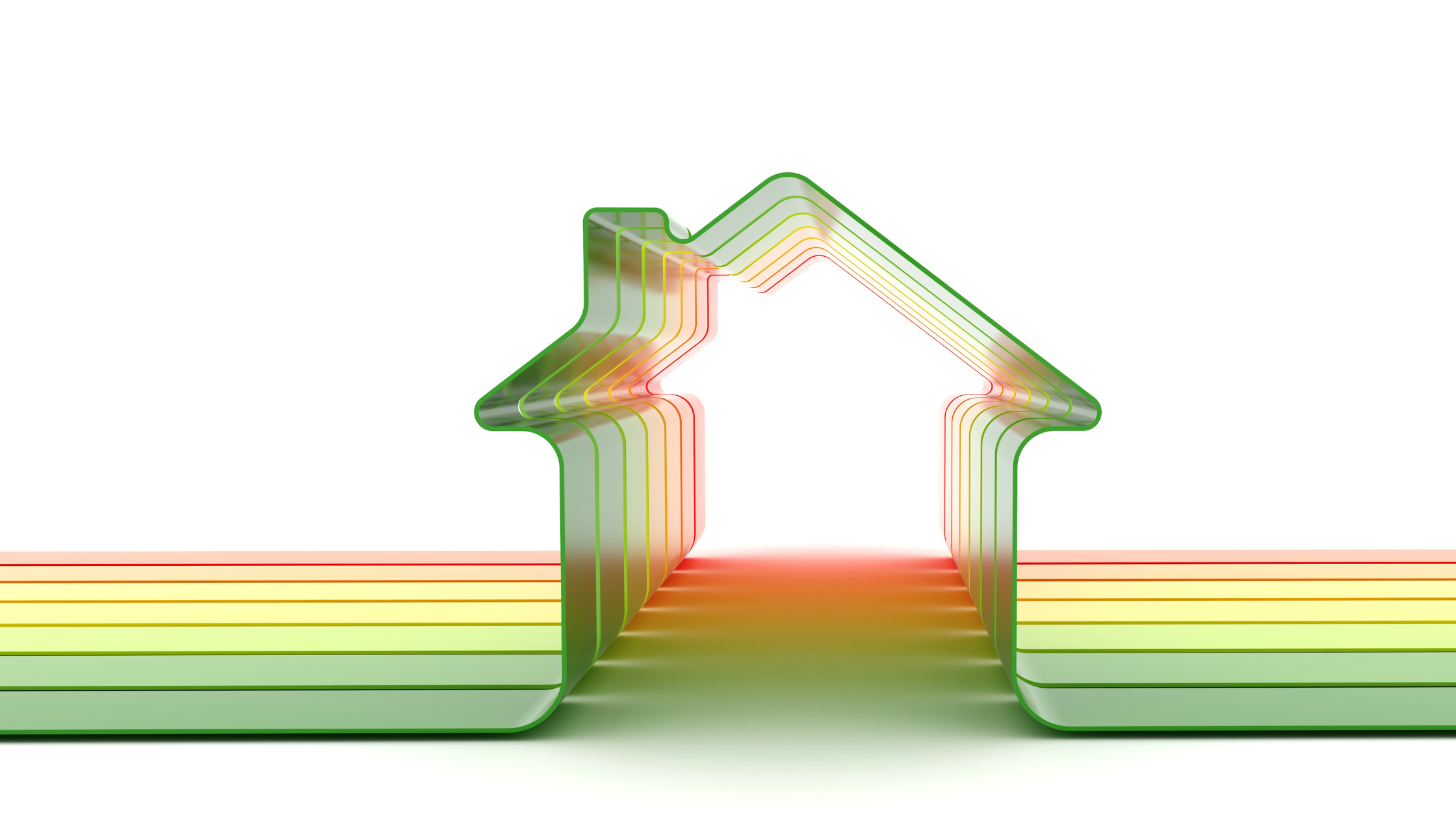Getting an energy efficient house is a big undertaking, but it’s well worth it. Many things can keep your home from being as energy efficient as possible. In this article, we will discuss five of the most common issues and how you can address them. We’ll also talk about getting a home energy audit to help identify vulnerable areas of your home.
The 5 most common problems that can cause your home to be less energy efficient include:
- Poor insulation
- Drafty windows and doors
- Incorrectly sized heating and cooling systems
- Lack of regular maintenance or an old HVAC system
- Appliances or lighting that is not energy efficient
How Much Energy Does My House Use?
At the most basic level, a home uses energy to power its many different systems and appliances. This includes things like heating, cooling, lighting, water heating, and running the various electronic gadgets we rely on daily. With that in mind, the amount of energy that an average home consumes can vary widely depending on several different factors.
- climate
- insulation levels
- construction type
- ventilation methods
- lifestyle habits
Creating An Energy Efficient Home
The most energy-efficient houses use various techniques and updates to make homes energy efficient.
Update Insulation for Optimal Energy Efficiency
Updating and adding to the insulation in your home is one of the most effective ways to optimize energy efficiency. Insulation helps keep heat inside the home during winter and cool air inside during summer. This results in lower heating and cooling costs and increased comfort for residents. In addition, insulation also helps to reduce noise levels from outside and between adjacent rooms inside the home.
Seal Drafty Windows and Doors
A significant source of heat loss in the winter is drafty windows and doors. By sealing up these gaps, you can keep the heat inside your home where it belongs. In the summer, sealing drafts can also help to keep your home cooler by preventing cool air from escaping.
Have a Professional Help Install the Correct Sized HVAC System
When it comes to your heating and cooling systems, size matters. A unit that is too small will have to work overtime to keep your home comfortable, which can lead to higher energy bills and shorten the unit’s lifespan.
Have Your Heating and Cooling System Regularly Maintenanced
The key to a comfortable home is a well-functioning HVAC system. Heating and cooling account for a large portion of the energy used in the average home, so it’s important to make sure that your system is operating efficiently. One way to do this is to have a professional HVAC contractor perform regular maintenance on your system.
Replace Old Appliances and Lighting with Energy Efficient Lighting and Appliances
One of the best ways to save money and energy in your home is to replace old appliances and lighting with energy-efficient models. While the initial cost may be higher, energy-efficient appliances can save you money in the long run by using less energy. They also help to protect the environment by reducing your carbon footprint.
Get a Home Energy Audit
When it comes to minimizing your environmental impact, reducing greenhouse gas emissions, and saving money, there are a few important things to remember when adding energy-efficient home features.
But how can you know if your home has leaks in its insulation or whether it’s wasting energy through inefficient windows and appliances? A home energy audit is the best way to find out. During an audit, a trained professional will assess your home’s energy use by looking for areas where heat or cool air might be escaping, assessing your home’s appliances for efficiency levels, and testing the insulation of your walls and roof.







